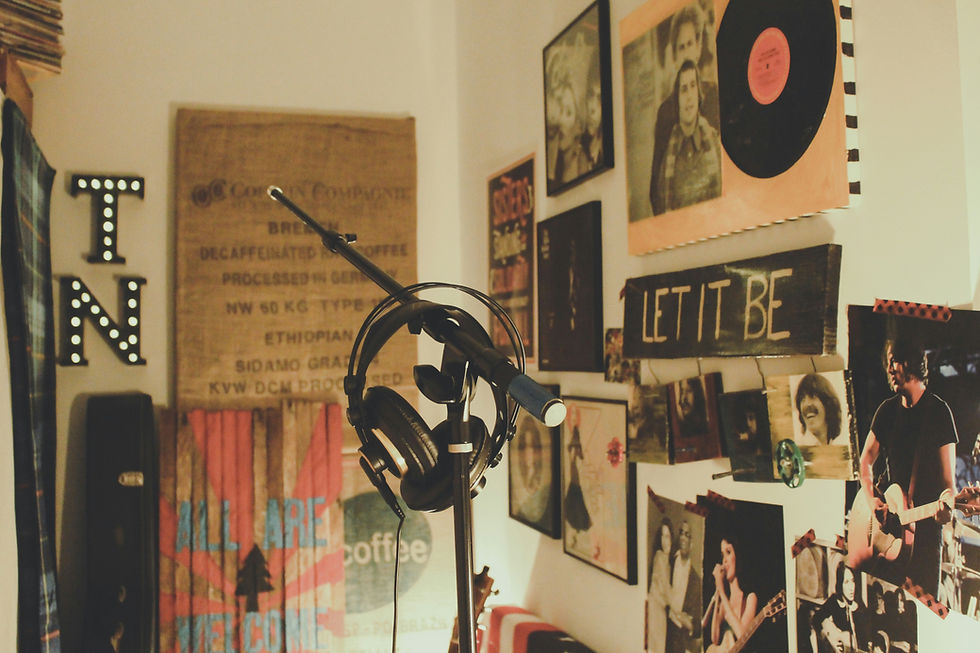The tradition and universality of music
- Andersonn Prestes

- 21 de jul. de 2016
- 3 min de leitura
Atualizado: 19 de fev.

I got cold. It is cold here. Wouldn't it be perfect if music could heal the body too? Not just the emotions, or, for some, the soul? A very interesting study about music came out last week. Researchers say there is some evidence that music appears to be more like different cultural cuisines than a completely universal language.
They were trying to test if the consonant chords of the Western music would be a kind of universal pleasant way of music. Virtually everything that we listen these days on the streaming or on YouTube follows consonant harmony and scales. And our ears are even trained to realize when a note is dissonant (another way of harmony that we do not enjoy very much).
The researchers played consonant chords and dissonant chords, asking how people from three different groups would find them pleasant: first, an isolated Amazonian tribe, with few or no knowledge of Western music; then, Bolivians who would have an intermediate contact with the consonant chords; and, finally, Americans who usually listen to Western music.
People from the Amazonian tribe found both consonant and dissonant scales pleasant, contrary to the Bolivians and Americans. The researchers argue that this is an evidence of a strong cultural development of music, which is learned through habit along our lives.
Music is universal, but the way we produce and enjoy music seems to be deeply cultural.
I think music is very associated with the self and the tradition of people. If we start to listen to folk music from very distant regions we might see that. Just like language, or like cuisine - tradition also shapes music. But perhaps there are a few universal patterns or structures, like in language or cuisine. There is a need for verbs; there is a need for carbohydrates, and so on.
Although the cultural claim of music did not surprise me, I was a bit surprised by the consonant problem. It seems so deeply rooted in me - and probably in everyone. I might have a bit of headache listening to dissonant music for too long. (Below a short video with the two kinds).
When reading the article I promptly remembered an “experiment” made by Bob McFerrin, the great musician. In front of a crowd, Bob gives a first note and then invites the people to sing while he moves on the stage; the crowd intuitively follows the pentatonic scale, one of the simplest and most popular scales of consonant music. It is really cool and that’s just how I learned to compose and improvise music. I follow the chords intuitively, trusting my ear that the note is not out of tune. It seems natural. But I also must say by experience that it takes time to train the ear, and I am still practicing a lot and I am far from have a very neat one.
Music seems to be a bit mysterious, like how things come together without notice, giving us the sensation that it was always there, similarly to many creative endeavors. Probably the learning experience, the long journey, had its big part in building up the walls to enjoy and produce music. You listen to the music that you listen – and enjoy it – because you were exposed to it.
Perhaps the lesson of this study is one more big reason to explore and open the mind to a broad variety of music, approaching to different sounds and tasting them, mixing them, experimenting, like a new language or a new cuisine. In the end you might find something just right for you.





Comentários